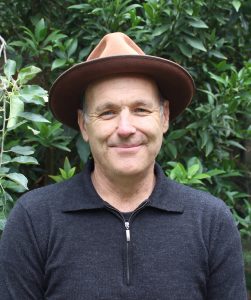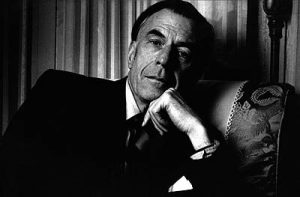SPE101 An Introduction to Political Economy and Economics
This page has been designed to give you a better sense of what SPE101 is about. The purpose of SPE101 is to provide an exciting, informative and useful intellectual journey with some fun along the way! As you can see, there are some questions each week to allow you to self assess your knowledge, but students are not required to answer these questions in advance of class discussion. I also post detailed answers to these questions at the end of each week. Students are also encouraged to bring along their own questions, comments and critiques as that is often the best part of each week’s discussion (though if you prefer to mainly listen that is fine as well).
In-person discussion sessions will be held on Mondays 6pm-7.30pm.starting Monday 29th of Jan 6pm (Eastern Australia Daylight Time – UTC+11 hrs). Zoom session will start Tue 30th of Jan (UTC+11 hours). If you have any questions don’t hesitate to get in touch via the SPE contact formhere.
Dr Tim Thornton
Director
School of Political Economy
Week 1 jULY 10. Institutional Political Economy
It is sometimes imagined that the economy is a system of markets when it is in fact a system of institutions (i.e. formal and informal rules). Whilst the market is definitely a central economic institution, it is necessarily nested inside other institutions and these other institutions exert a profound influence over how markets work. Lectures, readings and discussions will introduce you to key ideas in institutional political economy and its key figures such as Thorstein Veblen, J K Galbraith (pictured left) and Gunnar Myrdal.
Lecture recordings
Set reading
Suggest you choose one of the following readings (if you have time)
Advanced (optional) readings (for the very keen, who have both the time and inclination)
Discussion questions
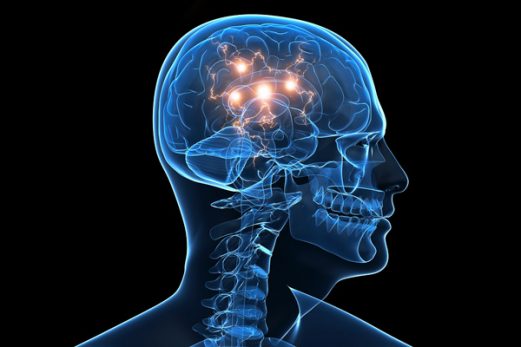
Week 2 jULY 17. Behavioural Economics
Behavioural economics brings psychological insights and methods into economic decision making. A major finding of this school of thought is that our decision making is often surprisingly poor. We consider what (if any) policy implications result from our regularly poor decisions, including contemplating the use of behavioural ‘nudges.’ We also contemplate how behavioural economics might (and might not) improve various real world outcomes.

Week 3 jULY 24. fEB Austrian Economics
This week we look at the ideas of the often strongly libertarian Austrian School. Scholars working in this tradition include Menger, Mises and Hayek. We examine and evaluate the many interesting, important and influential ideas associated with this school. We also examine whether all the ideas of this school of thought are inherently libertarian or whether at least some of these ideas might have some relevance and usefulness to those of a more progressive persuasion.

Week 4 31 July. Neoclassical Economics Part 1
Neoclassical economics (sometimes called ‘mainstream economics’ or ‘traditional economics’) is currently very dominant and so it something every political economist needs a reasonably detailed knowledge of – regardless of whether or not they ultimately reject it or not. The ideas are presented in an accessible manner by focusing on understanding and evaluating the underlying ideas, rather than getting bogged down in technical or mathematical details. If you are seeking to better understand (and better evaluate) the way economists make sense of the world, this material should be both interesting and useful to you. Our focus in this week is on neoclassical microeconomics.

Week 5 aUG 7. Neoclassical Economics Part 2
We continue our exploration of neoclassical (orthodox) economics. In this week our focus turns to neoclassical macroeconomics, though in some some of the concepts and measures presented are relevant to any approach to macroeconomics.
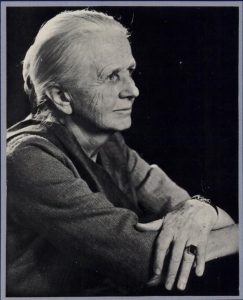
Week 6 aUG 14. Post Keynesian Economics
We look at the often badly misunderstood ideas of J M Keynes, particularly his very important ideas concerning the fundamental uncertainty of the future, and the role of money in a market economy. We explain the difference between the Keynes as understood in the economic mainstream versus the ideas as they are expressed in his own writings. We also contemplate the role that Keynesian ideas could play in confronting contemporary challenges such as economic instability, stagnation, inequality and environmental constraint. We also examine the role of other leading figures in the Post Keynesian school such as Michael Kalecki and Joan Robinson (pictured left)..
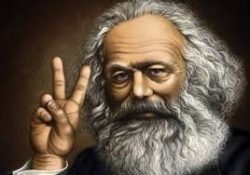
Week 7 aUG 21. Radical Political Economy
Like Keynes, Marx is often badly misunderstood and misrepresented. In this week we look at the actual ideas of Marx. We contemplate the strengths and weaknesses of Marxian analysis, evaluate its relevance to contemporary issues and challenges. Whether you are a fan, critic, or simply unfamiliar with Marx, you should find a scholarly examination of his key ideas illuminating and stimulating.
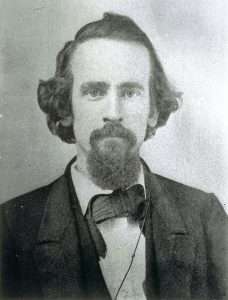
Week 8 AUG 28. Georgist Political Economy
Whilst classical political economists such as David Ricardo viewed land as a distinct factor of production with special characteristics, it is treated more generically in orthodox economic theory where it is usually either subsumed into capital or ignored all together. In this final week of term will focus on the ideas of Henry George as means to think through the political economy of land. The analysis examines Georgist ideas in their own right, but also examines how Georgist ideas do, don’t, or might potentially link with other schools of political economy such as classical political economy, Marxian economics, institutionalism and Post-Keynesianism.
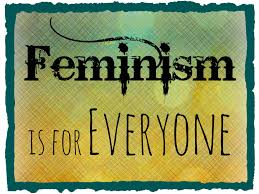
Week 9 SEP 4. Feminist Political Economy
Feminist political economists (or feminist economists) seek to illuminate and remedy recurrent and often quite serious gender blind-spots in economic and social analysis to thereby produce better economic inquiry and policy analysis for all. We will examine the key ideas in feminist political economy and look at the policy implications of its analysis.
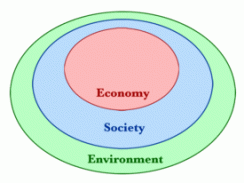
Week 10 SEP 11. Ecological EconomICS
Ecological political economy is an interdisciplinary or transdisciplinary area of knowledge whose foundation stone is the recognition that the economic system sits inside a social system which in turn needs to exist inside the opportunities and constraints of an environmental system. We examine the key ideas and figures in this school. We give particular focus to evaluating de-growth versus steady-state versus green-growth economic systems.

